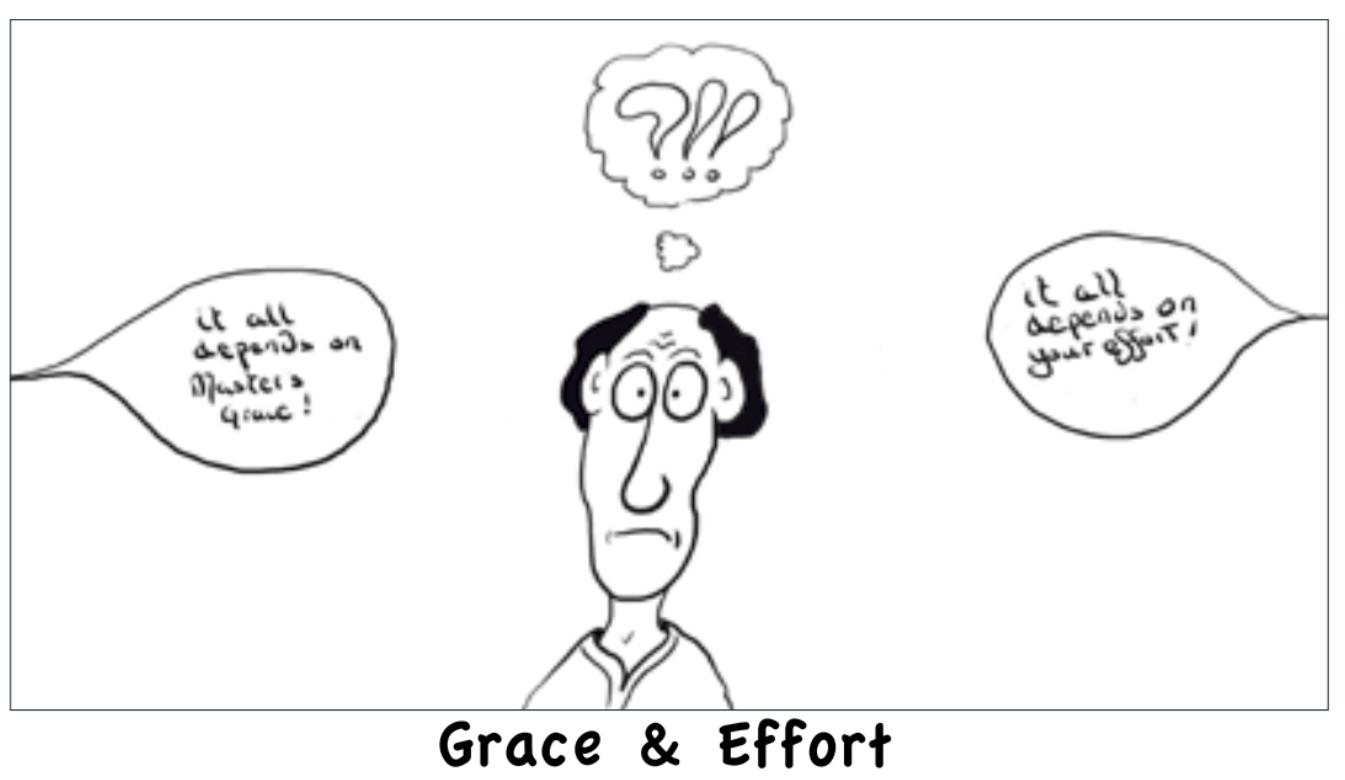On Processes
When one commits to achieving something, whether it be building a model aeroplane or earning a degree in quantum mechanics, or even running a marathon, one invariably invokes some sort of process.
When one thinks about one’s goal or objective, it is plain that it is not going to be achieved just by thinking about it or wanting it. We have to do things in order for this objective to come about.
Take running a marathon: If you have not run for more than ten meters at a time, then you cannot expect that you’ll survive 42 kilometers tomorrow! If you start as a couch potato, it seems impossible, given your current limitations, but in fact it is most definitely possible for anyone who has no physical disabilities and is reasonably healthy.
How, you might ask? It might seem like an insurmountable problem, but if you get yourself a qualified coach, he will give you a training schedule, and he will also give you guidelines on what would be a suitable diet and lifestyle. If you’re serious, you would now have all the ingredients, but the most important part lies still ahead: TRAINING!
When you first start out you can run maybe a kilometre or two, by the end of which you are exhausted. After some weeks, perhaps you’ll be able to manage five. Then, after a month or so, maybe eight or ten. In this fashion one progresses. Slowly and slowly one builds oneself up. All this while there is a sense of step-by-step achievement. One feels the progress and one starts to believe that one day a marathon will be possible.
If on the other hand, at the outset one says, “Why should I train, I want to do a marathon now,” what will be the result? Only disappointment and probably injuries and pain.
At least this way one will have learned a valuable lesson; namely that if one has set oneself an objective, there are several steps that need to be taken to achieve that objective – it cannot just happen of its own accord. Both effort and patience are required.
If one puts in effort, one may have unrealistically high expectations of results, because of one’s inexperience and impatience to achieve the goal. But everything has its preordained pace; things happen at a rate that is dictated by so many different factors. If we do not accept this and attempt to force the pace, inevitably there are going to be negative consequences. In the case of our marathon example, one will tend to develop injuries that not only force one to slow down, they may actually set us back considerably and delay our progress.
Naturally one can easily see that this also applies to the pursuit of spirituality. We start off from the position of being decidedly flawed human beings, with our attention focused entirely on the material world, addicted to the pleasures of the senses and tightly attached to the objects of our pleasure. From this starting point, do we imagine that we can achieve our objective overnight?
As we understand it, our goal is to reorient our attention from being predominantly downwards and outwards to directing it inwards. In addition, we need to still the mind. Just these two tasks alone are monumental. Furthermore, we have to focus our attention at the eye centre, to the exclusion of all else, until we penetrate the veils that stand between us and the inner world. Only then can we gain access to the Radiant Form of our Master. Only then do we come into contact, by his grace, with the true Shabd or Nam, which will pull us up, cleansing us of the effects of all our accumulated karmas and making us fit to pass beyond the realm of mind and maya and enter the realm of pure spirit.
So when we are feeling impatient and frustrated, we should stop and think: what a journey we have embarked upon! We find ourselves at some point on that journey – we have to come to terms with the place we’re at, and then move ahead. This is the only way. A more hurried approach would be to deny the facts. When we buy our ticket to India, are we immediately at the Dera? No: We have to get visas, make arrangements to get to the airport, and so many other things. All of this takes time and effort, and then after some time we find ourselves at the Dera.
In like fashion, we have initiated the process of going home. Our journey has begun. We have a perfect guide, and we just need to follow him. It’s as simple as that. We just follow him, and we will arrive at our destination. The important thing to remember is that it is happening. We are undergoing the process, and the process has to run its course. The result is not in question – we will get there, with the help and abundant grace of our beloved Master.
